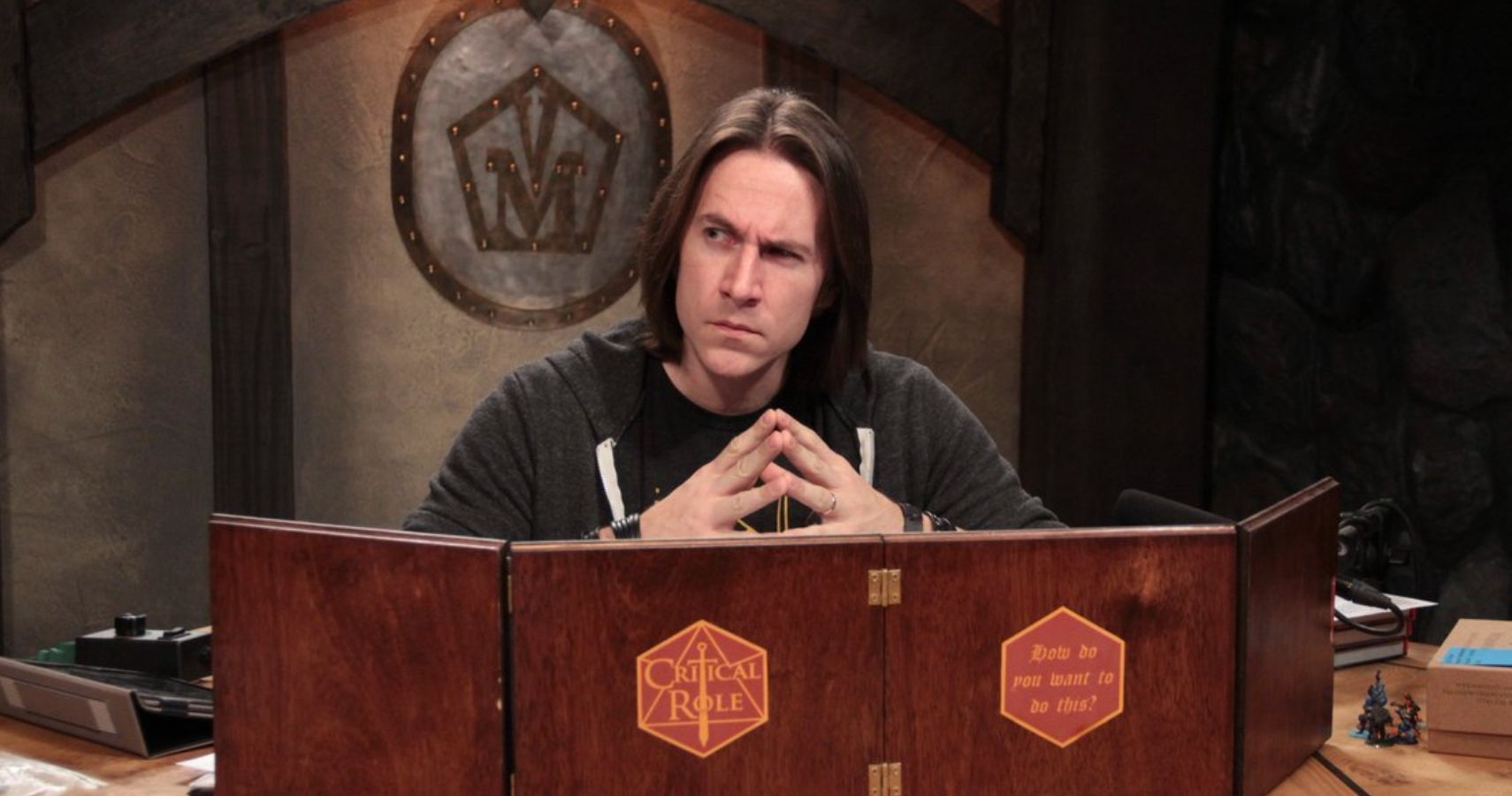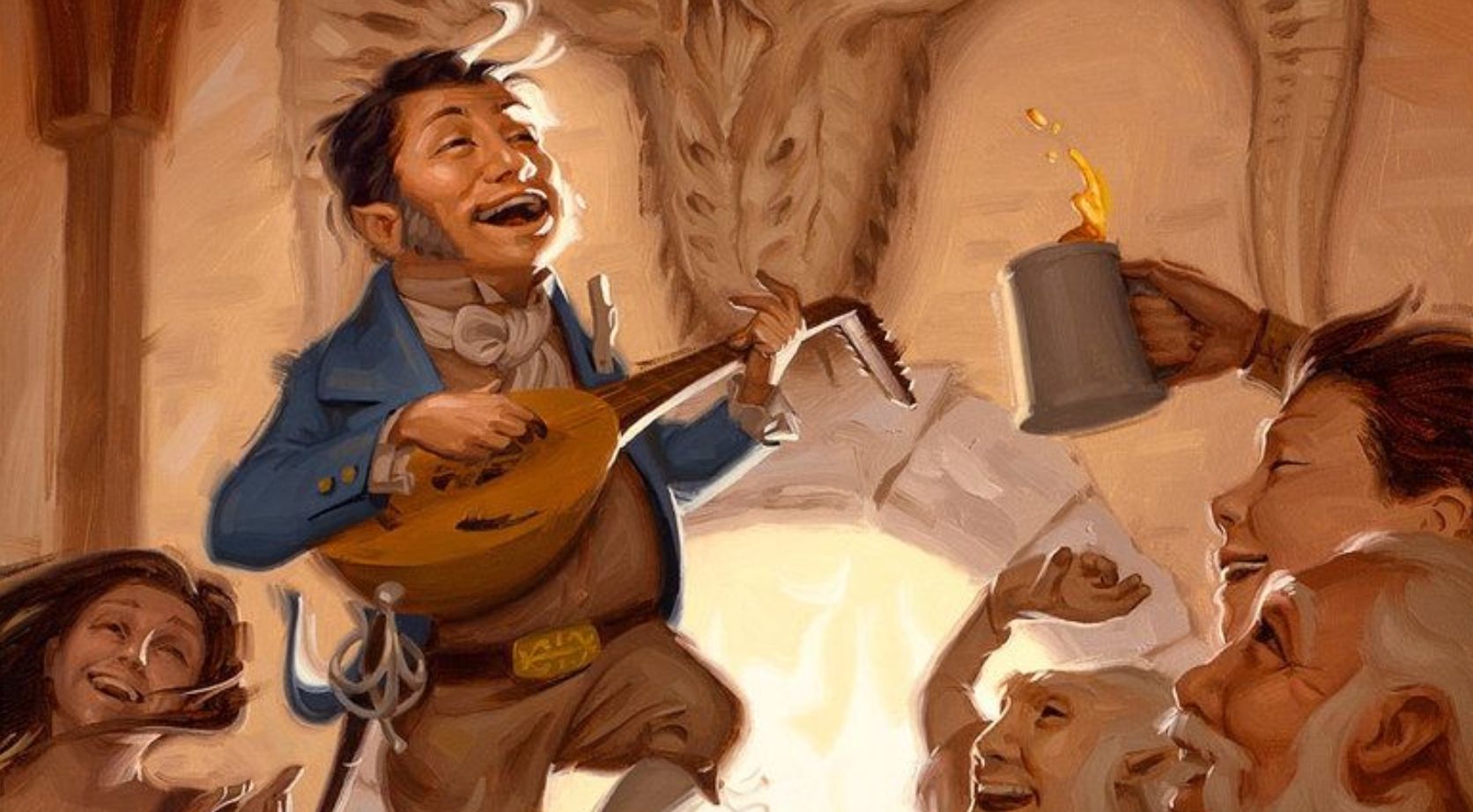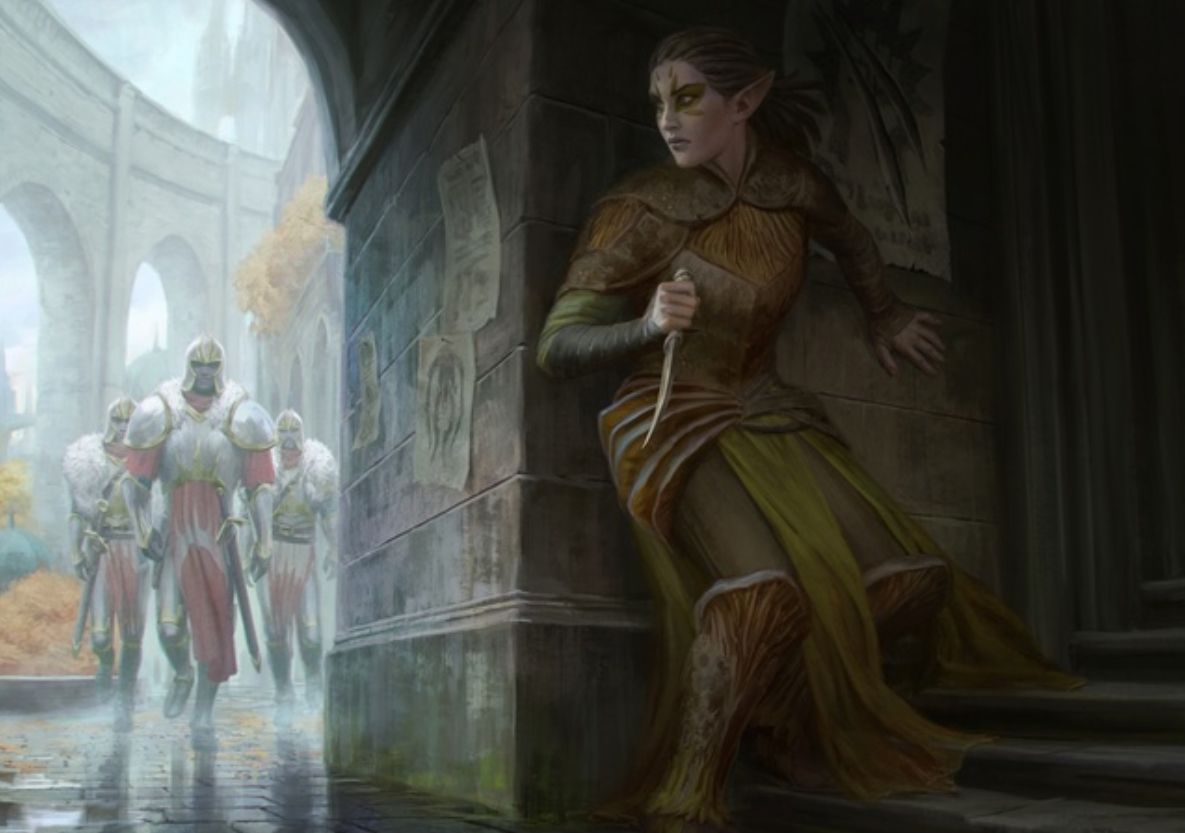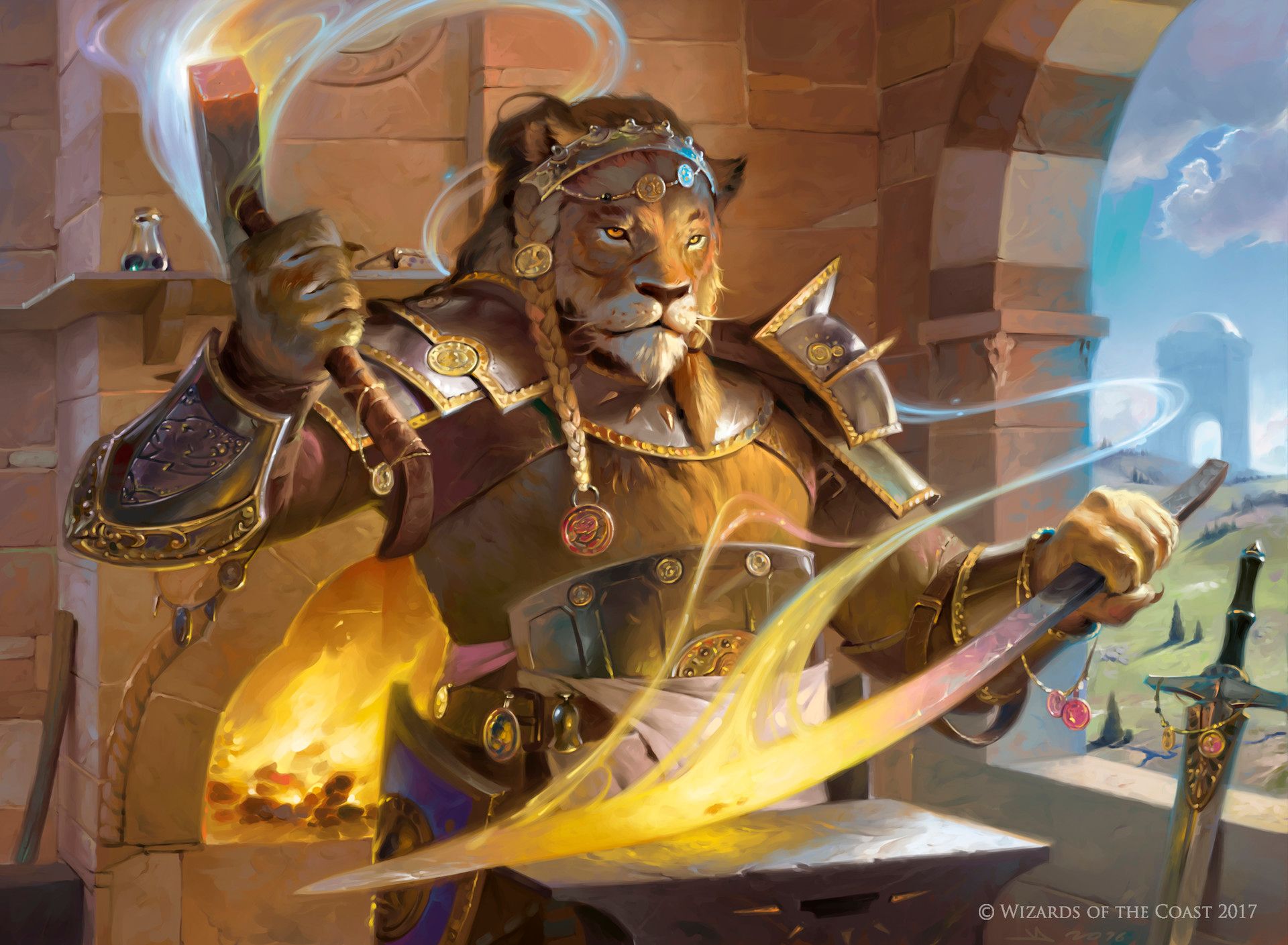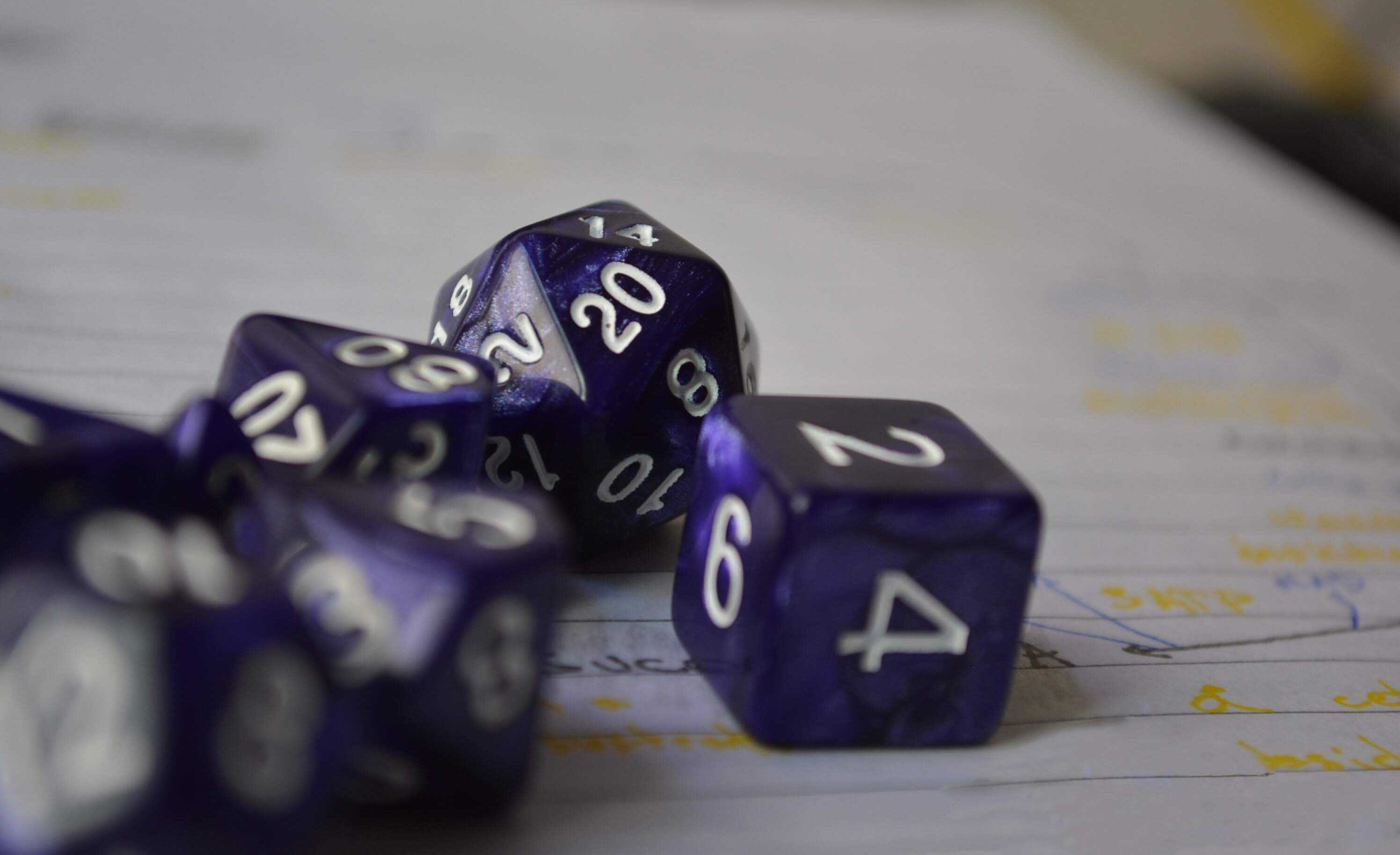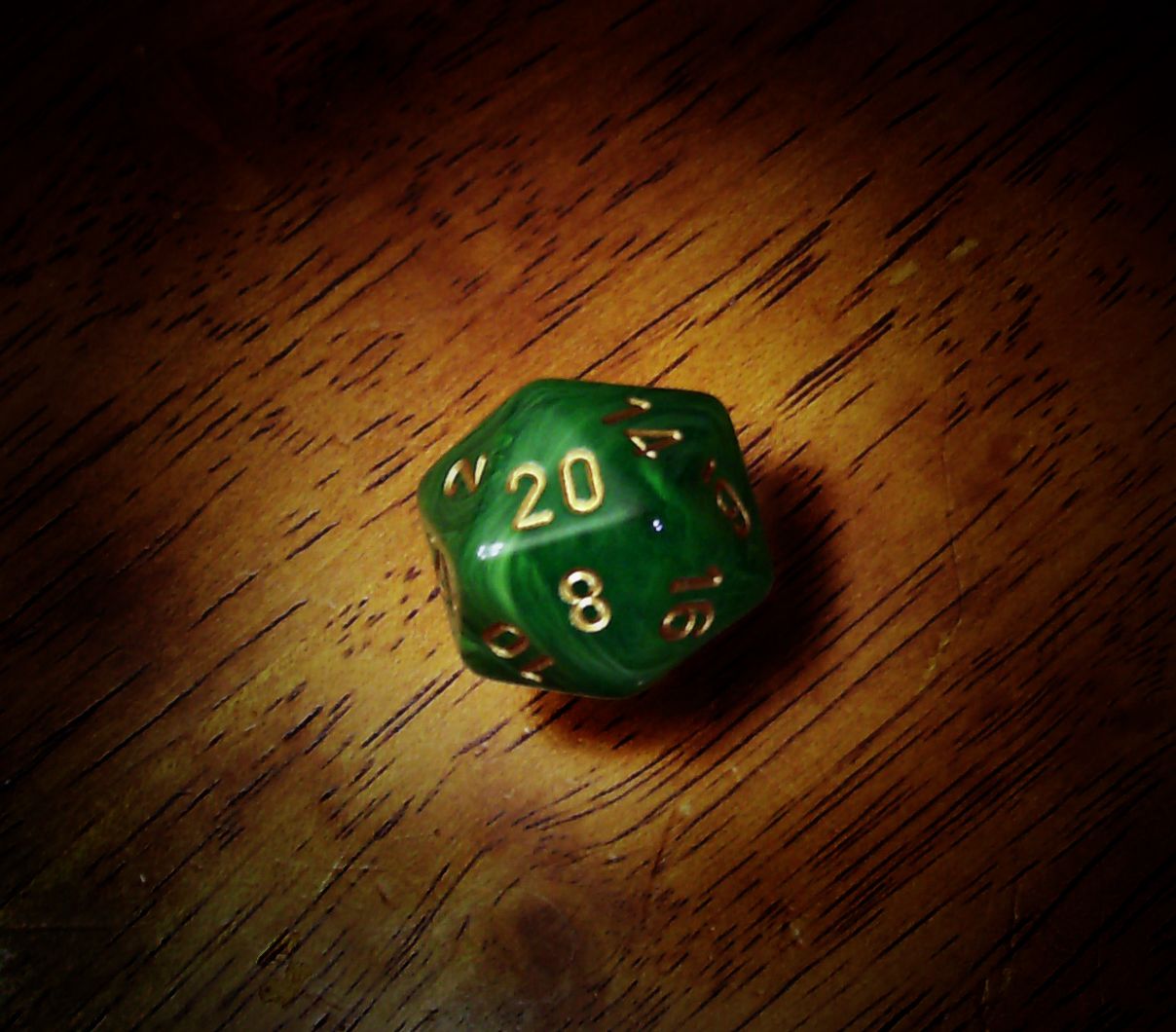The Player’s Handbook and Dungeon Master’s Guide lay out the rules for D&D pretty clearly. But, of course, rules are made to be broken, and a good DM will often include tweaks, changes, and house rules that fits their party’s playstyle. Few DMs are better than Critical Role’s Matt Mercer, so here are some of the house rules he uses in his campaigns that you might want to add to your repertoire.
Taking Potions As A Bonus Action
The Player’s Handbook says that drinking or administering a potion is an action. While healing is important, drinking a potion tends to either heal less or be less flexible than many healing spells. Potions also cost money, meaning that some players will feel that they are wasting resources if they use them. Matt Mercer allows players to use a potion – either on themselves or someone else – as a bonus action. This can help offset the feeling of wasting a turn by giving players a chance to do something else in addition to quaffing a potion, without upsetting the action economy of healing.
Inspiration Bonus
Inspiration is an resource that the DM can give out as a reward for particularly insightful roleplaying, clever moves, or anything the players do to please their benevolent puppetmaster. Normally it can be used to give advantage on a single roll, which can be useful in many situations. However, lots of things can give advantage: certain conditions, class abilities, favorable conditions. This means that the advantage given by inspiration may feel less special. In addition, advantage cannot stack, meaning players cannot use inspiration in a situation where they already have advantage.
Matt Mercer includes a homebrew rule that inspiration adds 1d6 to a roll. This not only makes it a little more special, it also can stack with advantage, in case a player has a roll that they really need to succeed on.
Readying Extra Attacks
Readied actions allow players to hold an action until a certain circumstance occurs. For instance, a wizard can choose to ready a firebolt spell until they see an enemy comes around the corner, or a rogue can wait to set off a trap until someone passes underneath it.
However, there are limits to this. You can only ready simple single actions. For certain classes that use extra attacks as part of their kit – such as fighters or monks – readying a single punch or sword swing can feel like a waste of a turn. Matt Mercer’s homebrew rules allow such classes to take all the extra attacks that their main action allows on a readied action, so that they don’t wish that they had played a sorcerer instead.
Reducing Crafting Time
For more inventive players, there are rules in D&D for creating magic items or potions, assuming you have the tools and skills. However, for the adventurer on the go, downtime is hard to find. Creating magic items and potions takes time, and some campaigns can be fast paced. It can be tiring for a party to have to wait around for days or weeks for a single player to make a magic sword.
Matt Mercer reduces the time needed to craft these sorts of things. Usually, his players only have to take from an eighth to a fourth of the times that are listed in the Player’s Handbook and Dungeon Master’s Guide. This can keep the pacing up in a campaign, and material costs for the process keeps creating magic items from being too simple.
Doubling Critical Hit Dice Damage
The official rules state that critical hits on attacks double the amount of dice that are rolled for damage. Especially for combat heavy campaigns, this can lead to a lot of dice management and adding. Matt Mercer instead has player roll dice normally, then double the amount that appears on the dice. Whether that makes the math easier or harder is up to each individual DM, but for some groups it can help streamline combat a little.
Skill Check Criticals
According to the rules of D&D, both critical hits and critical misses only apply to attack rolls. However, it can be fun when a ranger crits an acrobatics check and sticks the landing on a nearly impossible jump. Conversely, it can certainly be entertaining when a rogue rolls a crit fail on their stealth check and their scouting route leads right into a bandit camp. That’s why Matt Mercer allows for critical successes and failures on skill checks as well as attacks.
It’s important to be careful with this homebrew rule, though. Players shouldn’t always have a 5% chance to succeed on whatever impossible thing they try to do. It is always the right of a DM to say that something is impossible, or even provide an alternate means of success. Maybe that jump truly is impossible, but the ranger lands on their feet and avoids taking any fall damage when they miss. As always, the DM has the final say.
For more of Matt Mercer’s homebrew rules, check out the full list.

